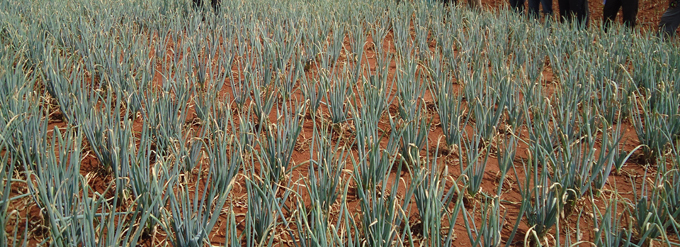How to prevent snakes in your compound with plants
The principle of snake repelling is based on making the surrounding unwelcome for snakes
Besides beautifying a home, there are many reasons why a person should grow plants in their compound or in the backward. One of them is that there are some plants which repel snakes in the compound.
According to David Nkwanga, a gardener, there are no scientifically-proven plants that repel snakes. However, gardeners have identified some plants which many households use to repel snakes with reported success.
The principle of snake repelling is based on making the surrounding unwelcome for snakes so that they choose to go and stay in a different place.
He adds that it is believed that snakes do not like plants with a strong smell or scent. And therefore will opt to go in a different place hence, the concept of repelling.
Plants which deter snakes into the compound
Rutonyi Huzaifah, also a gardener says pink agapathus is one of the plants which repel snakes in the compound. Agapathus looks like an onion, its green in colour and has pink flowers. Other plants in the onion family like garlic also repel snakes.
He adds that pink agapathus should be planted along the boundaries or mixed in flower bushes in the garden. "Snakes don't like its scent. A person can get it in local nurseries at around sh500 per seedling," he says.
This perennial plant requires sunny to partly shady location and regular watering.
Huzaifah says sansaveria commonly known as ‘mother in laws tongue' because of the shape of its leaves deters snakes. It's a variegated plant with green and yellow colour, snakes don't like its appearance.
 Onions are also useful in keeping snakes at bay.
Onions are also useful in keeping snakes at bay.
"Sansaveria is available on the local market at sh400," he says.
Tobacco also helps to do away with snakes; it can be mixed in flower beds. Its advantage is that it's big and has a smell snakes detest. It can be found in nurseries at sh500.
Nkwanga also explains that tobacco can be used as an antidote or first aid for snake bites. To use it as an antidote for someone bitten by a snake, squeeze tobacco leaves then apply at the bitten area and give the victim some to drink.
"I have personally witnessed this and it was quite effective," he says.
He adds marigolds also commonly known as Kawunyira repel snakes due to their strong smell. There are a variety of flowing plants that fall into the family of marigolds. The tomato plant is also said to repel snakes.
However, these plants do not kill snakes and may be more effective to some types of snakes than others. Nkwanga says they also do not act as magic such that one plant in the compound will repel all snakes coming to the compound.
"There are also other plants that can only repel snakes only after being processed and essential oils extracted like the cinnamon tree commonly known as muddalasin,"he says.
How to plant for snake repelling
When planting for snake repelling, you have to do it in such a way that you create an unfavourable environment to the snakes. Nkwanga explains that one way to plant is to create a barrier like hedge planting. For example lines of onions planted along the hedges.
"If this arrangement is made, the snake may not like to go through the smelling onions and decide to go somewhere else. The same thing can be applied to marigolds," Nkwanga advices.
He adds, if you know a snake-prone area, you can similarly plant a garden of these plants listed in that area, but again they will be effective in that area not the rest of the compound where they are not planted.